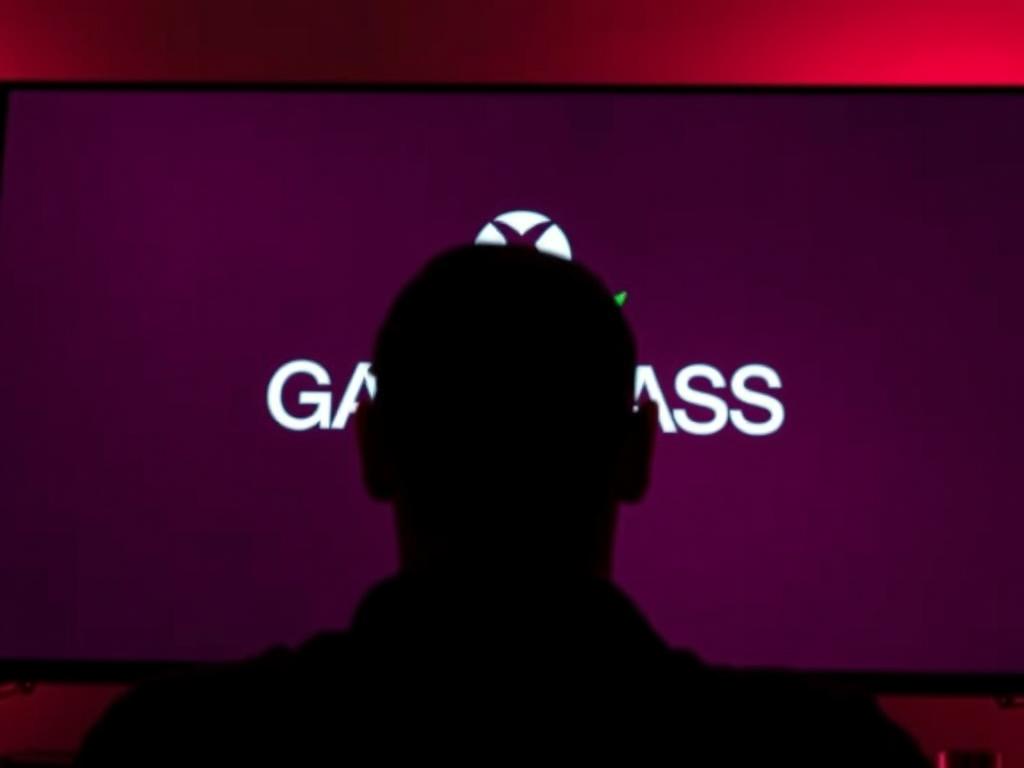The gaming landscape is in constant flux, with new business models emerging and evolving at a rapid pace. Among these, Xbox Game Pass has become a dominant force, offering players a vast library of titles for a monthly fee. However, recent industry layoffs have cast a shadow on the perceived benefits of this subscription service, prompting some developers to voice concerns about its long-term viability and potential impact on the creative ecosystem.
The Game Pass Gamble:
The central argument revolves around the economic realities of game development. Creating high-quality games requires significant investment, and developers rely on sales to recoup those costs and fund future projects. While Game Pass can provide an upfront payment for inclusion, concerns linger about whether that payment adequately compensates for potential lost sales and the long-term value of a game. Some suggest that the focus shifts to metrics driven by Game Pass engagement, potentially devaluing the traditional measures of success like units sold.
Learn More: Here
The Appeal and the Apprehension
For players, Game Pass offers undeniable value. Access to a diverse range of games at a reasonable price is a compelling proposition. Smaller, independent developers can also benefit from the increased visibility and potential audience reach that the platform provides. However, the apprehension stems from the potential for Game Pass to become the dominant distribution method, thereby dictating the terms of engagement and potentially squeezing out smaller studios or innovative projects that don’t fit the subscription model.
Is Game Pass Sustainable in the Long Term?
The recent layoffs serve as a stark reminder of the financial pressures within the gaming industry. While correlation doesn’t equal causation, the timing has led some to question whether the current Game Pass model is truly sustainable for all parties involved. The concern isn’t necessarily about the service itself, but rather the potential for it to inadvertently contribute to a race to the bottom, where developers are pressured to prioritize short-term gains over long-term artistic vision and financial stability.
Ultimately, the future of Game Pass and its impact on the industry remains uncertain. However, the recent shift in developer sentiment underscores the need for ongoing dialogue and careful consideration of the economic realities and creative implications of subscription-based gaming. A healthy gaming ecosystem requires a diverse range of business models and a focus on fostering long-term sustainability for both developers and the players who enjoy their creations.

Md Emran Khan is a passionate news writer and digital content creator focused on delivering clear, insightful, and timely updates on finance, technology, and current events. With a knack for breaking down complex topics into engaging stories, Emran aims to keep readers informed and empowered to make smart decisions. Based in USA, he blends global trends with local perspectives to bring a fresh voice to the news landscape.

